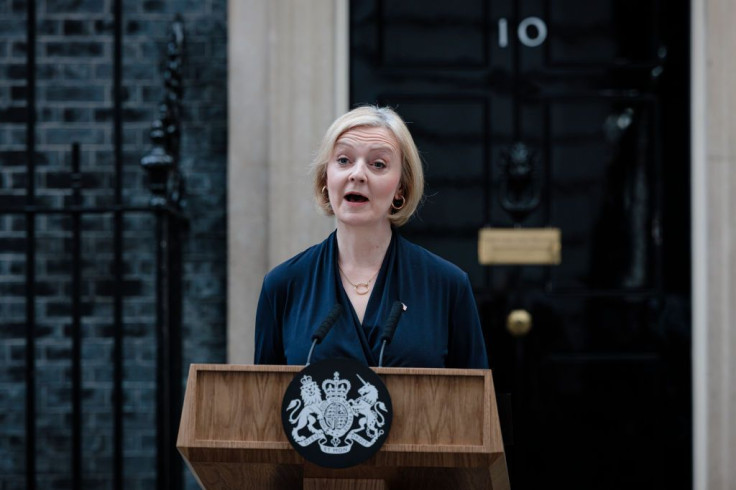
Even as calls mount from opposition parties for the United Kingdom to hold general elections following the resignation of Liz Truss as prime minister after only six weeks, this is unlikely to happen anytime soon.
General elections are held every five years in the UK and the next one is not scheduled to be held until January 2025.
The prime minister, in theory, could ask the monarch to dissolve parliament, paving the way for general elections — but this is a risky move to take for the ruling Conservatives who are trailing behind main opposition party Labour in preference polls.
UK citizens do not directly vote for prime ministers, who are instead chosen by the largest party in parliament. Currently, that party is the Conservative Party from which the next prime minister will be selected.
The Conservatives, also known as the Tories, are going to select their new leader who will become the next prime minister. Its last leadership contest lasted two months, but the election to replace Truss will be swift.
Graham Brady, leader of the 1922 Committee that represents rank-and-file Conservative members of parliament, said they must choose a new prime minister this Friday, according to CNN.
Tories who would want to become the next prime minister must get at least 100 nominations from their fellow Conservative members of parliament. As there are currently 357 Conservative MPs, there can only be a maximum of three candidates for prime minister.
One of the leading candidates for the premiership is Rishi Sunak, who now has a clear path to potentially become prime minister after former UK Prime Minister Boris Johnson bowed out of the race.
© 2025 Latin Times. All rights reserved. Do not reproduce without permission.




